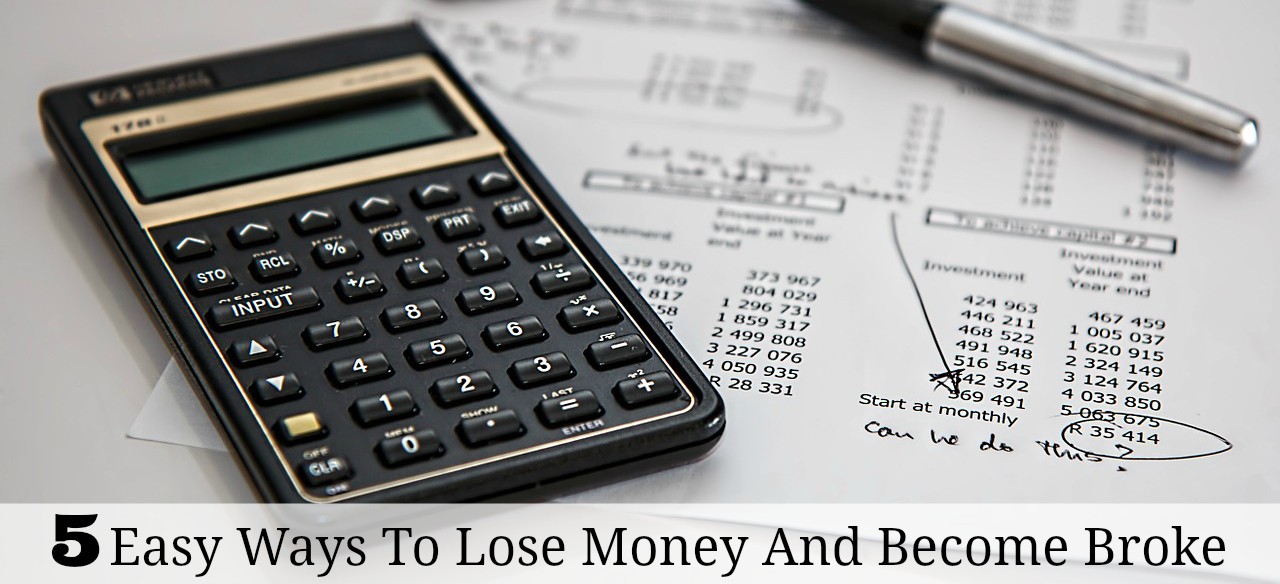Four Ways Mutual Funds Hurt Your Retirement
Post on: 21 Июнь, 2015 No Comment

Tax (Photo credit: 401K)
This is a guest post by Brendan Erne, research analyst at Personal Capital .
Mutual funds are no small industry. More than half of all American households own a mutual fund, and according to the Investment Company Institute, assets totaled $11.6 trillion in over 7,600 funds last year. Of those assets, actively managed mutual funds made up over 90%. Mutual funds also cost Americans tens of billions in fees every year.
So why are active mutual funds so popular? They offer average investors professional management and an easy way to diversify. These qualities made them preferred choices in 401K’s and employer sponsored retirement plans, which further cemented their acceptance amongst the masses.
But times have changed. What were once unique advantages aren’t so unique anymore. Most mutual funds are now plagued by more drawbacks than benefits—they’ve become inefficient and largely outdated investment vehicles. Here are the four main reasons you probably shouldn’t own active mutual funds.
Poor Performance Relative to Indexing
The 2012 S&P Indices Versus Active Funds (SPIVA) Scorecard ranks the returns of actively mutual funds to passive S&P indices, and the results are clear. On a one-, three- and five-year basis, the S&P 500 outperformed 81%, 69%, and 62% of all domestic large cap mutual funds, respectively. The same trend is present across the mid and small cap spectrums. In fact, no ten year period exists where a majority of actively managed mutual funds outperformed their benchmarks.
So regardless of what mutual fund managers might claim, the reality is most leave their customers with less money than passive indexing. And diversifying across multiple funds isn’t the answer. Simple math dictates the odds of underperformance increase as more mutual funds are added to a portfolio. Investors should even be wary of managers with strong track records. History is littered with examples of star managers who attracted considerable assets and performed terribly thereafter.
Tax Inefficient
As detailed in one of Bill’s previous posts. mutual funds are extremely tax inefficient. According to Morningstar .com, the ten largest mutual funds by assets had an average turnover ratio of almost 75%. That’s a lot for a single year. And unfortunately for investors, this means higher taxes. Gains are distributed straight to shareholders (generally at the end of each year), and it doesn’t matter if you bought the fund in November. You’re responsible for the entire year’s taxable gains.
Mutual Funds Are Difficult to Manage
Many investors view actively managed funds as vehicles they can move in and out of depending on performance and market conditions. Unfortunately, they’re not good at it. Average investors often let emotions dictate buy and sell decisions, leading to the wrong investments at the wrong times. In other words, chasing winners and selling losers. Dalbar puts together an annual study of investor behavior, and recent findings support this theory. In 2011 alone the average equity mutual fund investor lost 5.7%, compared to the S&P 500 which was up 2.1%.
Excessive Costs
Actively managed mutual funds are expensive. According to the Investment Company Institute and Lipper, the average expense ratio of equity funds is 1.43% and the weighted average expense ratio was 0.79%. And this is just the beginning. Mutual funds carry additional visible and hidden costs. These can include sales loads, which are paid to the selling broker, as well as similar fees paid to the fund company. There are also embedded costs associated with trading, research, and potential market impact (hidden fees). Add these up and the real cost of owning mutual funds is often 2% to 3% or more. These are huge hurdles to overcome considering most funds don’t outperform their respective benchmarks.
Bottom Line
Active mutual funds are inefficient, expensive investment vehicles with a track record of poor performance, and they’re difficult to manage. There are better ways to invest.
Passive index funds can be good investments, just make sure they’re the right ones. Costs vary widely depending on the fund company. Exchange traded funds (ETFs ) can be much better options. Similar to passive mutual funds, turnover is generally lower, meaning less taxes. They’re even set up differently than mutual funds—ETFs trade on the secondary market just like stocks. So unlike a mutual fund, the securities that make up the ETF don’t need to be sold in order to raise cash for redemptions. Again, this means greater tax efficiency.
All of this translates into lower costs for investors—much lower if done correctly. The key is eliminating as many headwinds as possible on the way to your financial goals. Doing so will significantly improve your chances of success.














